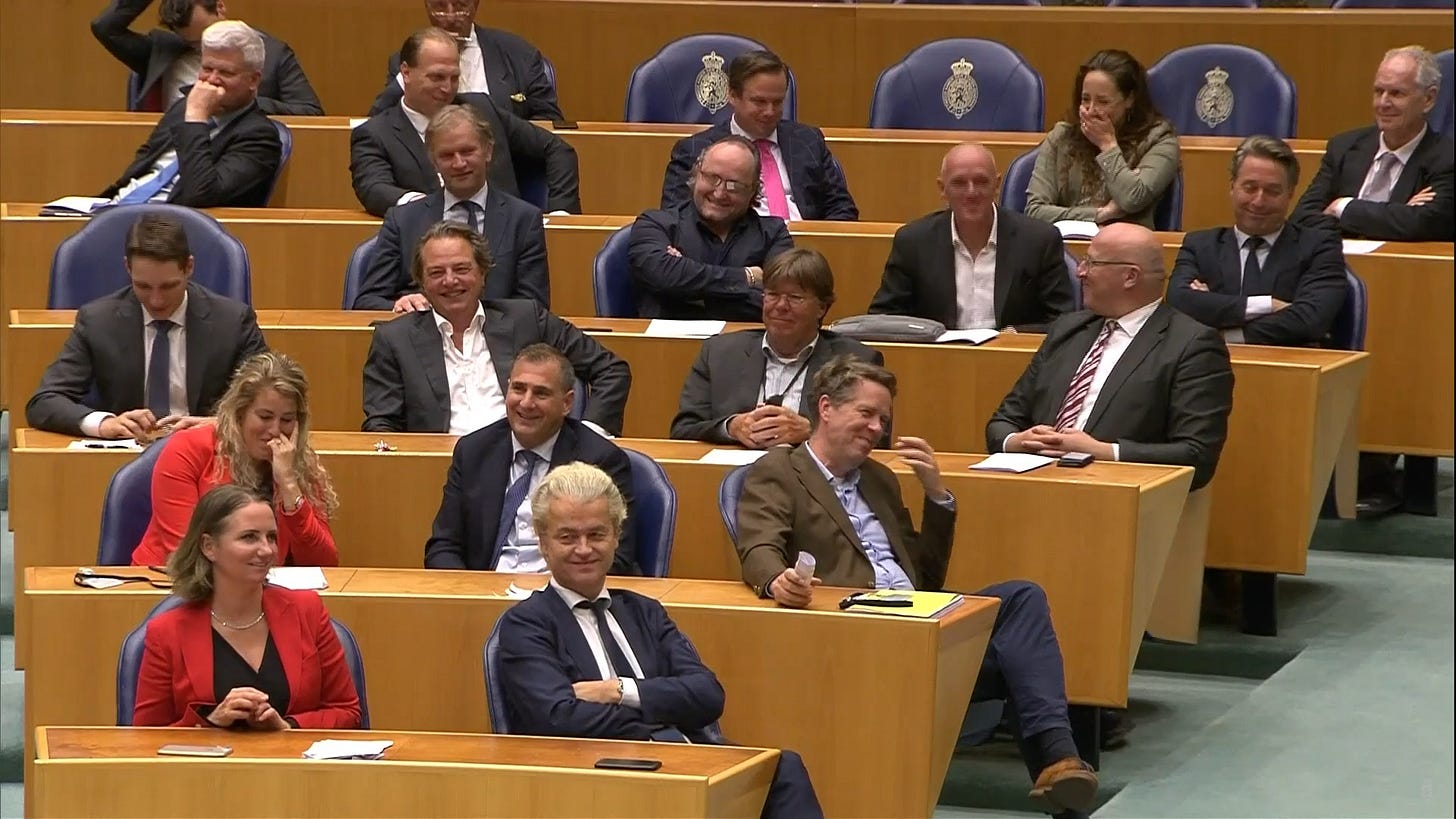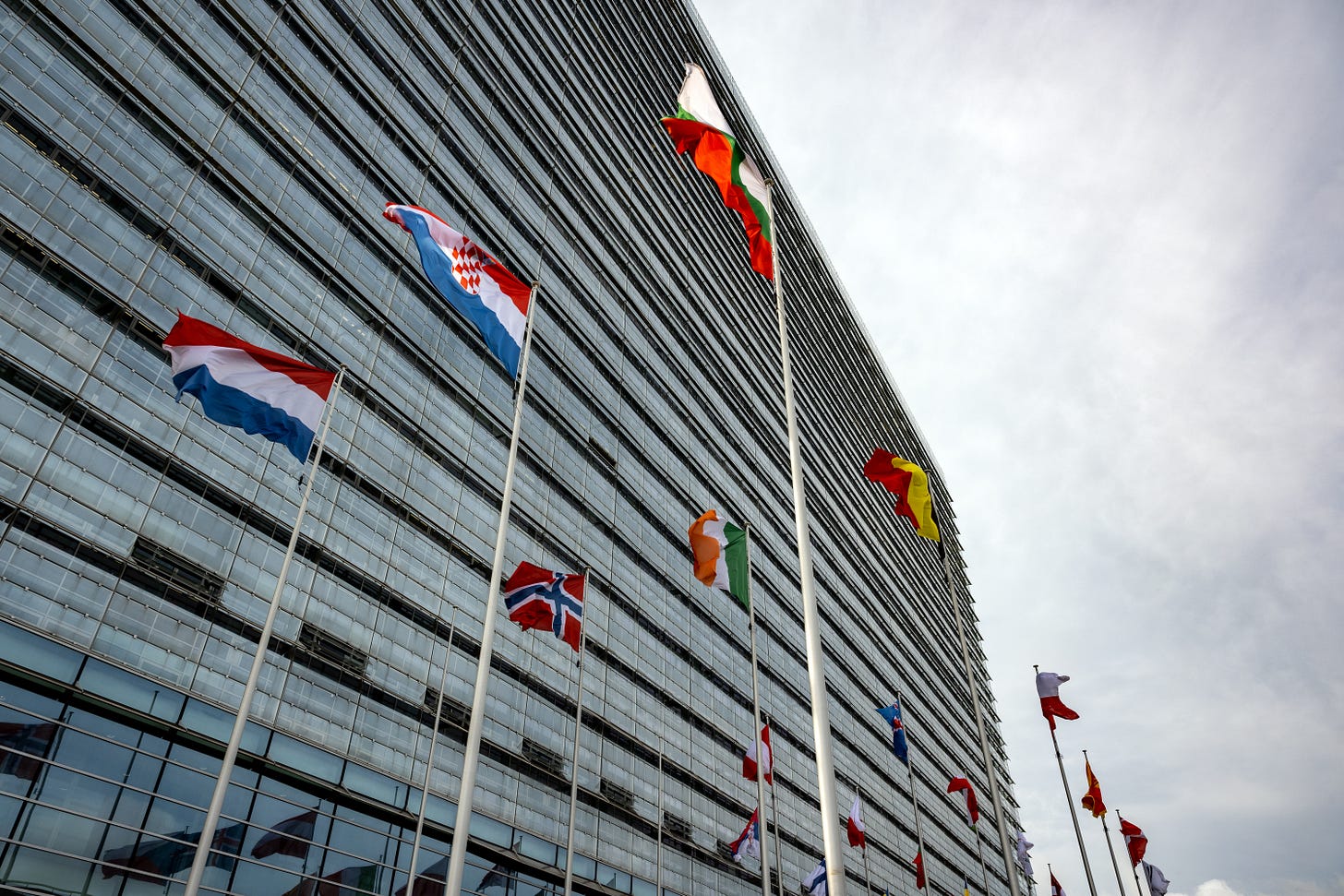Far-Right Party Leader Geert Wilders Aims for Influence in European Parliament
Netherlands leads the way in the EU Parliamentary Elections which marks a pivotal vote amidst the rise of populism and far-right gains in Europe.
The European Union parliamentary elections have begun in the Netherlands, lasting four days. There is anticipation of significant gains by hard-right parties across the 27 member states. The outcome of these elections will have an impact on global policies concerning climate, defense, migration, and geopolitical relations with major powers such as China and the United States. A total of almost 400 million voters will choose 720 members of the European Parliament, and the official results will be announced on Sunday night.

Geert Wilders and the Far Right
Geert Wilders, the leader of the far-right Party for Freedom (PVV), was among the first to vote. He aims to expand his influence in the European Parliament by seeking to reduce EU powers and increase national autonomy, especially on immigration policies. His strategy aligns with other hard-right leaders such as Italy's Giorgia Meloni and France's Marine Le Pen. The PVV could gain significant seats, possibly overtaking the combined Labour Party and Green Left in the Netherlands.
Electoral Gains and Alliances
The PVV party led by Wilders has gained significant support, tying with the Labour/GreenLeft party in recent polls. This is a significant change from previous elections where the PVV didn't secure any seats. Wilders is currently forming a coalition with other conservative parties, with a focus on taking a firm stance in Brussels, seeking exemptions from EU rules, and reducing the Dutch contribution to the EU budget.
Impact on the EU and Voting Trends
The upcoming elections are anticipated to witness the rise of far-right and populist parties, although they are not expected to gain enough power to control the 720-seat parliament. The results in the Netherlands are considered to reflect wider trends within the EU, with early exit polls offering insights into voting patterns across the bloc. Despite previously supporting a Dutch departure from the EU, Wilders now emphasises the need to reform the EU from within.
Broader Context and Trends
Populist and far-right parties have made significant advances since the last EU elections. They now lead governments in three EU nations and are part of coalitions in several others. The PVV has gained popularity among Dutch farmers who oppose strict EU environmental regulations, strengthening its support base. The election occurs at a time of growing EU scepticism in the Netherlands, with many voters wanting more national self-sufficiency.
EU Legislative Functions
The Members of the European Parliament (MEPs) are responsible for legislating on a wide range of issues such as banking, climate, agriculture, fisheries, security, and justice. They also have the authority to vote on the EU budget, which is essential for implementing policies such as aid to Ukraine. After the UK's exit from the EU, the number of MEPs decreased from 751 to 705, and some seats were reallocated.
Election Procedure
The Netherlands is the first to vote, followed by Ireland and the Czech Republic, with all member states completing voting over the weekend. Early results from exit polls in the Netherlands will influence voting dynamics in other EU countries. Almost 400 million voters will elect 720 MEPs, impacting global policies on climate, defence, and migration.
The election results lead to a plenary session in mid-July where MEPs will elect their president and nominate the European Commission president in September, with current president Ursula von der Leyen seeking a second term. The elections reflect a critical juncture for the EU, with the potential reshaping of its legislative landscape influenced by the rising tide of populism and far-right sentiment.





